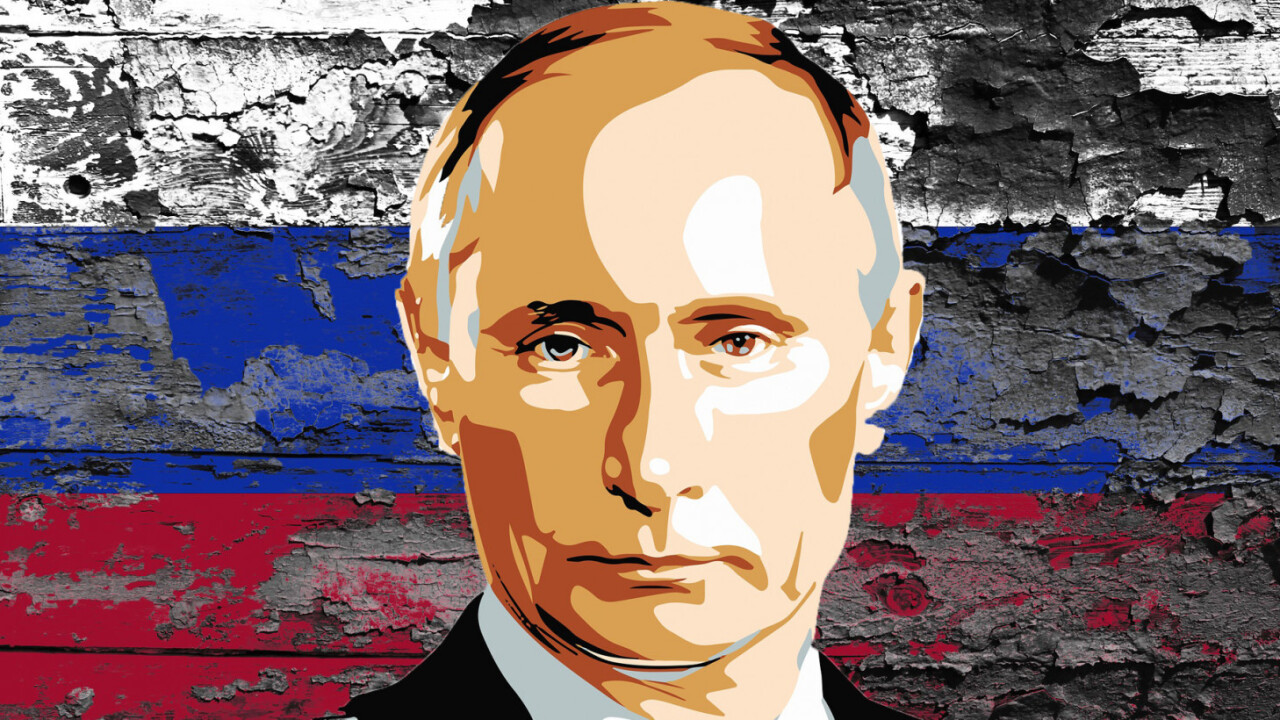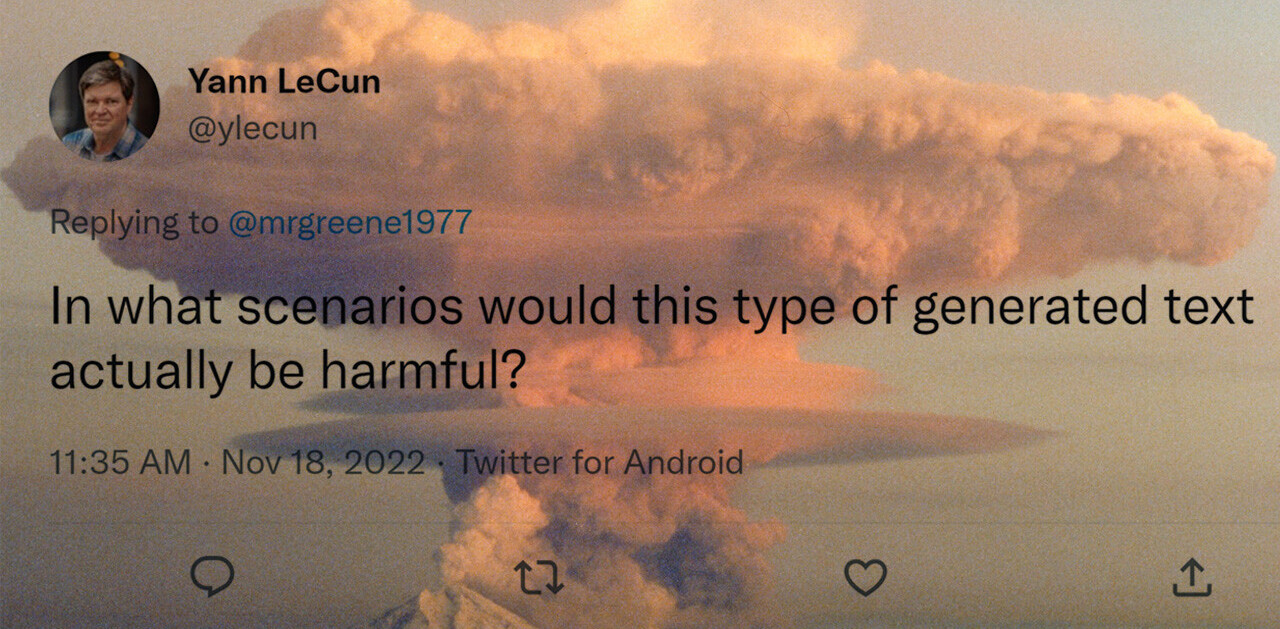
Tonight, if you live in Russia, it’s time to party like it’s not yet 1989. Soviet KGB agent President Vladmir Putin is on the brink of unveiling a wall. Some might call it the most beautiful wall the world’s ever seen. It’ll be huge. It’ll cover every square-centimeter of Russian border and, unlike the ridiculous fence we’re building here in the US, his will actually be effective: it keeps ideas out.
Reuters today reported that Putin will execute a plan to “replace” Wikipedia with a state-run online encyclopedia. Per the report, the government will spend about $30 million (US) on the new portal and plans to create a department in the state to conduct research and verify content for it.
Putin, apparently, isn’t a big fan of Wikipedia and considers the site to contain misleading information. But the timing of his announcement to “replace” Wikipedia is worth noting.
As Business Insider’s Sahar Esafandiari reported last month:
The proposal was made just a week after a new “sovereign internet” law came into force in Russia. The law allows the Russian government to disconnect internet from the world wide web.
Kremlin officials argue that the new system will help protect Russia’s internet in the face of cyberattacks. The law has faced criticism, however, as Russian internet providers will be required to install hardware which will allow authorities to locate and block traffic, and could enable Putin to censor and close the internet.
It’s unclear how exactly the Russian president intends to “replace” Wikipedia. In geographical areas where the internet is relatively uncensored, such as California, it’s difficult to understand how the government could replace a website – we’d assume our leaders would simply provide a state-sanctioned alternative.
But, since we’re talking about Russia, we have to assume that Putin intends to block access to Wikipedia – a move he’s done before when he didn’t agree with an entry. Putin’s been very clear about his plans to remove Russia from the “world wide web” and provide state-monitored internet services for its citizens, and Wikipedia appears to be the first public casualty of that new regime.
What Putin is selling is an internet that’s resilient to outside attack. His position is that if all Russian internet traffic is routed through servers on Russian soil, then all Russians can live safe and happy knowing they’re free from foreign spies and evil wiretaps.
It’s easy to buy his pitch; after all who knows better than Vladmir Putin what the threat of foreign interference can mean for an unstable government?
But the truth of the matter is that his “wall” will serve only to isolate the people of Russia from the world. Putin will have an “off” switch if an election doesn’t go his way or a foreign press publishes some dirt he doesn’t like. He’ll have the power to disrupt his people’s communication and keep open-source idea exchanges at arm’s length.
Sure, data finds a way. Just like Levi’s blue jeans and Elvis Presley records took up residence in the basements and attics of rebellious Russians in the 1950s and 1960s, the people of Russia will find a way to circumvent the censors and access the world-wide-web. But not all of them. Many will embrace the change.
There will always be those willing to trade your actual freedom for their theoretical safety, and those people aren’t interested in exchanging ideas with outsiders.
The modern trend of creating “state-wide-webs” with government-controlled access to the unfiltered internet is a disturbing one with no end in sight.
Get the TNW newsletter
Get the most important tech news in your inbox each week.





